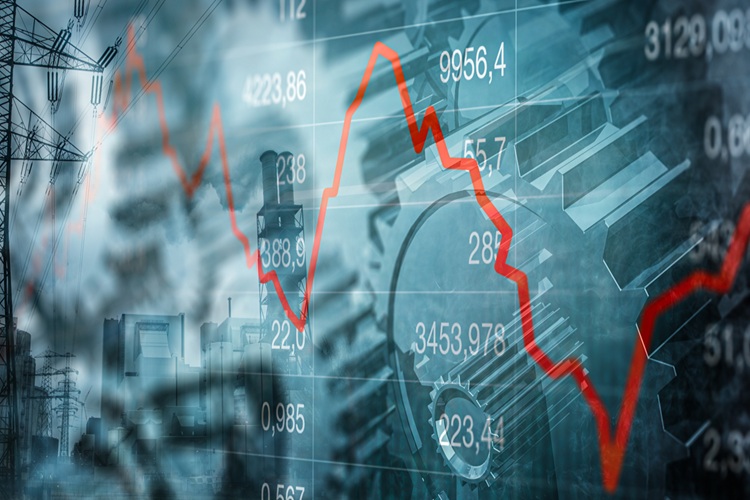President Trump’s handling of economic policy is coming to resemble a Greek tragedy. A growing chorus of highly respected Cassandras keeps warning that Trump’s import tariff and tax cut policies will end in tears. Yet Trump chooses to ignore the chorus arguing that he knows more about the economy than the experts. As in Greek tragedies, Trump’s hubris is all too likely to have an unhappy ending for him but more importantly for the US and world economies.
One of the Cassandras is Federal Reserve Chair Jerome Powell. He warns that Trump’s aggressive import tariff policy will lead to higher price inflation and an economic slowdown. That is leaving Powell with little option but to keep pausing the Fed’s interest rate cutting cycle to Trump’s consternation.
Other Cassandras include JP Morgan’ Jamie Dimon, BlackRock’s Larry Fink, Ray Dalio the former head of Bridgewater, the world’s largest hedge fund, and Elon Musk the one-time Donald Trump supporter. They all warn that absent an early budget policy U-turn, the US could be headed for a major bond market crisis.
To Trump, these warnings are like water off a duck’s back. Instead of dialing back his tariff policy, Trump has recently raised the import tariff on all aluminum and steel imports to a staggering 50 percent. At the same time, instead of coming up with belt-tightening revenue and spending measures to address the country’s gaping budget deficit of 6.25 percent of GDP, Trump is making every effort to secure the passage of his budget-busting One Big Beautiful Bill. According to the non-partisan Congressional Budget Office, over the next decade that bill if implemented will add $2.4 trillion to the budget deficit. It will also take the public debt in relation to the size of the economy to a considerably higher level than that which prevailed at the end of the Second World War.
Heightening the likelihood that the Cassandras will prove to be right in their dire economic predictions is the fact that Trump seems to be going out of his way to undermine foreign investor confidence in the US economy. This is playing with fire especially when one recalls that foreigners hold roughly one third of the $29 trillion of US Treasury bonds outstanding. They are also needed to finance the ever-growing budget deficit.
One way Trump is undermining foreign investor confidence is by piling pressure on Jerome Powell to cut interest rates at a time when inflation is rising because of the tariffs. That fills foreign investors with fear that the US might try to inflate its way out of its debt problem. Another way that Trump frightens foreign investors is by including in his One Big Beautiful Bill a clause that would allow him to impose a tax of up to 20 percent on the Treasury bond interest income of residents of a country that the US deemed to be following unfair tax policies. It also hardly inspires confidence that the proposed Mar-a-Lago Accord muses about converting some foreign US Treasury bond holdings into a 100-year zero coupon bond.
It is one thing for Trump to ignore the economic Cassandras. However, it is another matter for him to ignore the clear signals that the markets are flashing that the US could be losing its safe haven status and be heading for real economic trouble. Among those signals has been the 10 percent depreciation of the dollar since the start of the year and the 33 percent increase in the gold price to around $3400 an ounce. Yet a more important signal has been coming from the bond markets. Since September 2024, long-term Treasury bond market yields have risen by nearly a full percentage point even at a time when the Federal Reserve has cut its lending rate by the same amount. Treasury bond yields have also unusually risen at a time when stock market prices have been falling.
With the markets already signaling that trouble is brewing for the US economy, Trump might be well advised to take to heart a dictum of Rudi Dornbusch, the late MIT economist. Dornbusch said that economic crises take a lot longer to occur than you might have thought possible. However, when they do occur, they occur at a much faster rate than you might have thought probable. Maybe then Trump might dial back his aggressive import tariff and budget-busting tax cut policies. However, I fear that like in Greek tragedies, that is unlikely to occur before it is too late.
